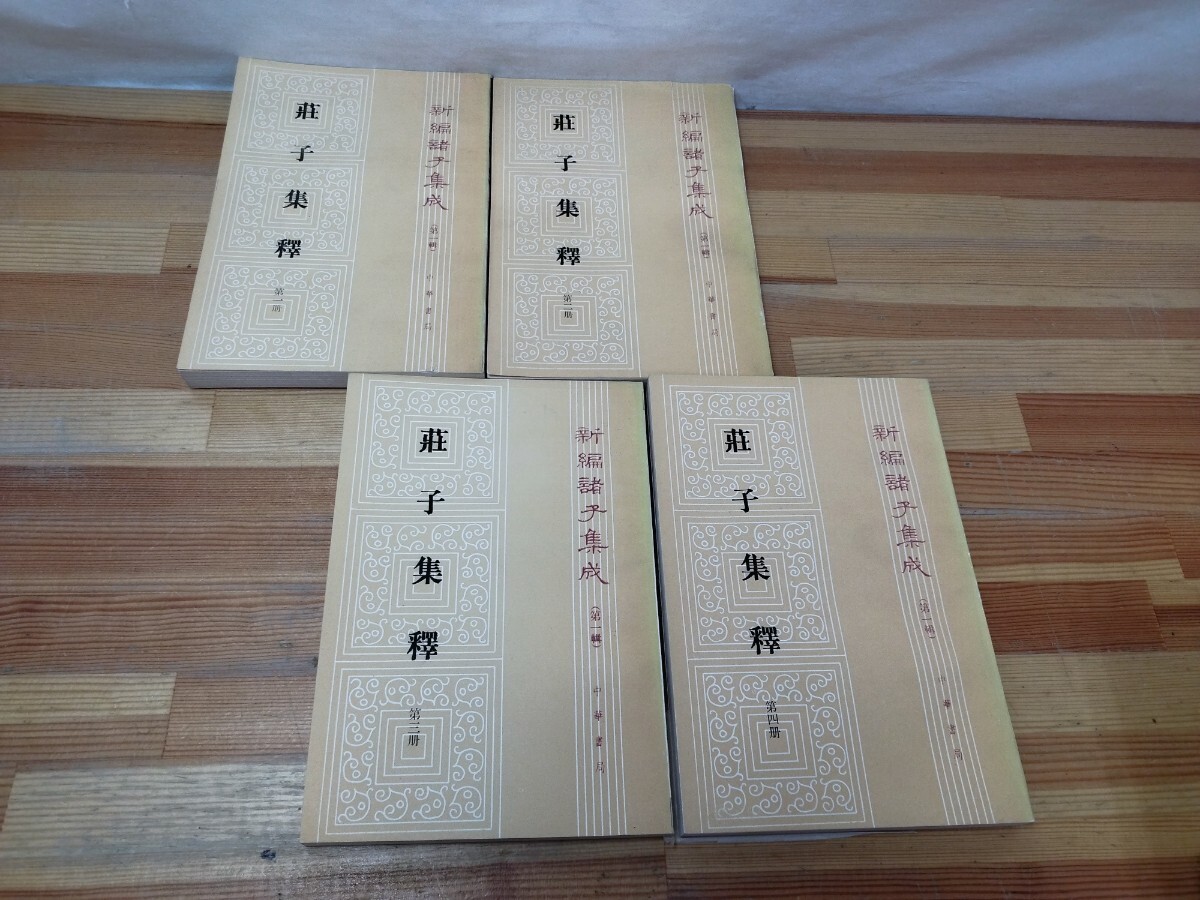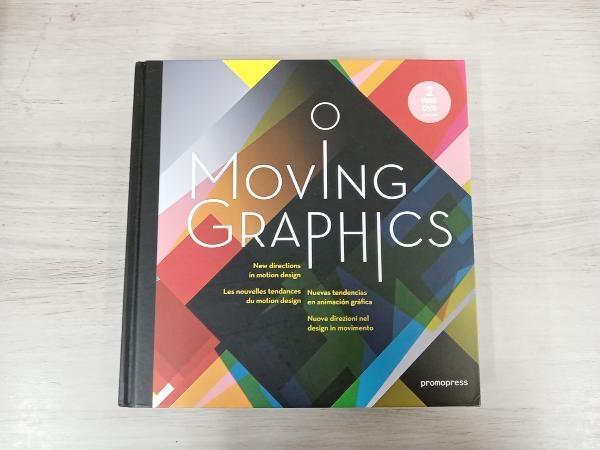
新入荷
再入荷
【送料無料】Stephen Greenblatt「一四一七年、その一冊がすべてを変えた」原書 The Swerve: How the World Became Modernグリーンブラット
 タイムセール
タイムセール
終了まで
00
00
00
999円以上お買上げで送料無料(※)
999円以上お買上げで代引き手数料無料
999円以上お買上げで代引き手数料無料
通販と店舗では販売価格や税表示が異なる場合がございます。また店頭ではすでに品切れの場合もございます。予めご了承ください。
商品詳細情報
| 管理番号 |
新品 :57878259370
中古 :57878259370-1 |
メーカー | 3c8be1a8ae | 発売日 | 2025-05-18 11:23 | 定価 | 1700円 | ||
|---|---|---|---|---|---|---|---|---|---|
| カテゴリ | |||||||||






































The Swerve: How the World Became Modern
著者 Stephen Greenblatt
ペーパーバック 定価 ¥3,876
古代ローマの詩人ルクレティウスの『事物の本性について』草稿の発見が、中世の芸術家や科学者のものの見方や宇宙観をいかに革命的に変え、ルネッサンスが起きたかを生き生きと伝えるノンフィクション。
2012年ピュリッツァー賞受賞(ノンフィクション部門)。
●書き込みやマーカーなど一切なく、通読に問題ございません。
●自宅キャビネットに保管。家族をふくめ一切タバコを吸いません。ペットもいません。
Nearly 600 years ago, a short, genial, cannily alert man in his late 30s took a very old manuscript off a library shelf, saw with excitement what he had discovered, and ordered that it be copied.
It was the last surviving manuscript of a Roman philosophical epic, On the Nature of Things, by Lucretius―a beautiful poem of the most dangerous ideas: that the universe functioned without the aid of gods, that religious fear was damaging to human life, and that matter was made up of very small particles in eternal motion, colliding and swerving in new directions.
踏みはずし:近代がいかに始まったか
Tyranny: Shakespeare on Politicsルクレティウス#Stephen_Greenblattグリーンブラット#ルネサンスの自己成型#河野純治